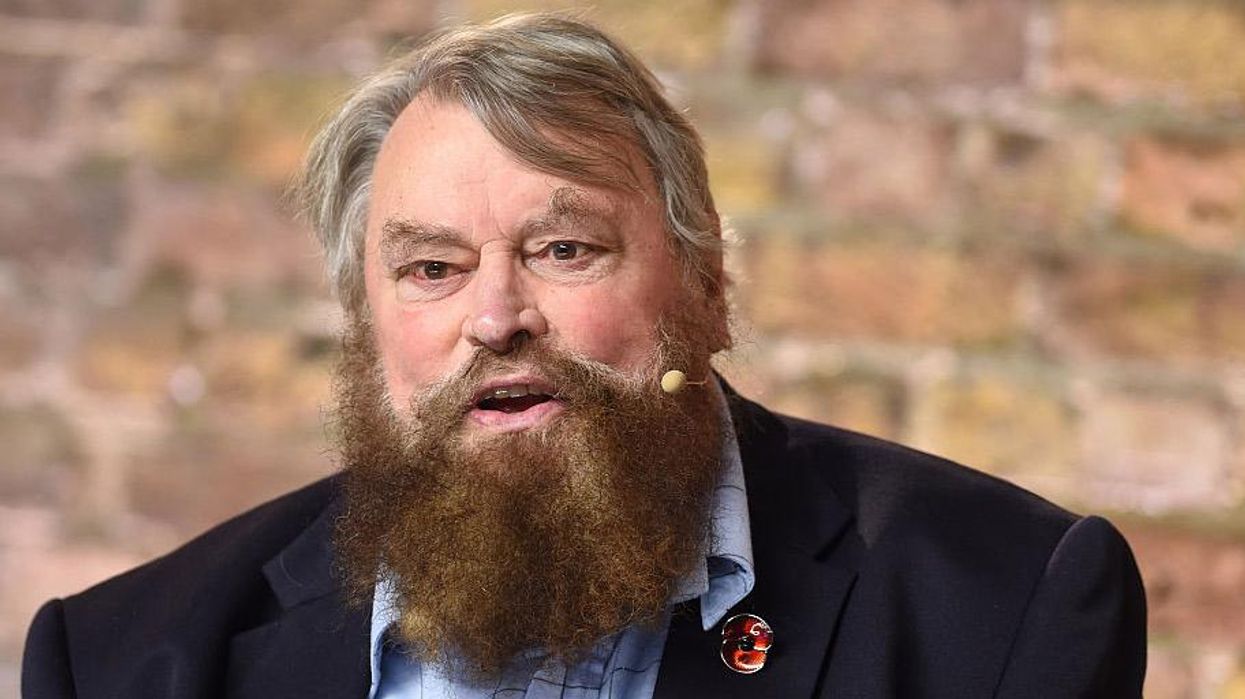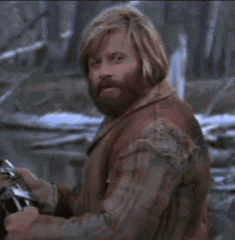News
Greg Evans
Nov 04, 2017

Picture:
Stuart C. Wilson/Getty Images
Thanks to hipsters and people with cold chins, beards have become fashionable once again.
Men who are fortunate enough to grow a substantial amount of facial hair wear their hairy chins and cheeks with pride.
After all, they are apparently considered to be more attractive than men without facial furniture.
At the other end of the spectrum, there are those poor souls who can barely manage a few whiskers before it starts to itch.
If you manage to get through that, there is always the "bum fluff" phase to contend with, which is bound to convince anyone to abandon their pursuit of a beard and remain clean shaven.
This scenario will probably sound familiar to millions of men around the world, whose dream of growing a beard is a pure piece of fantasy.
Yeah, you wish you were Robert Redford (don't we all?).

If it's any consolation there is actually a scientific reason for this anomaly of beard inequality - a hormonal chemical called dihydrotestosterone.
Known as DHT for short, it's often associated with baldness and is connected to testosterone.
Now you could have as much testosterone as Sylvester Stallone or Jason Statham but you aren't going to be growing beard unless it is converted into DHT.
Joshua Zeichner, a Director of Cosmetic and Clinical Research in Dermatology, told Men's Health.
DHT is a modified, more active form of testosterone.
In your body, testosterone is transformed into DHT, which exerts stronger effects than testosterone itself.
So it all depends on how your body reacts to testosterone. If you are more sensitive to it then you beard will grow thicker and vice versa.
Genetics also plays a part in this. If you dad has a bad a beard then you can thank him for being follically challenged.
If you are desperate for a beard there are a few things that you can do - it mainly involves patience and not shaving.
However, if you are after more efficient results then the experts are here to help.
Dr Thomy Kouremada-Zioga, a hair loss specialist and transplant surgeon told Lad Bible:
Some lifestyle measures are very effective at restoring hormone balance, such as getting enough exercise, weight loss, reduce or eliminate alcohol consumption and eat more healthy fats - i.e., nuts, seeds, coconut and olive oil.
HT Lad Bible
More: How clean is your beard? Some are as dirty as toilets
Top 100
The Conversation (0)













